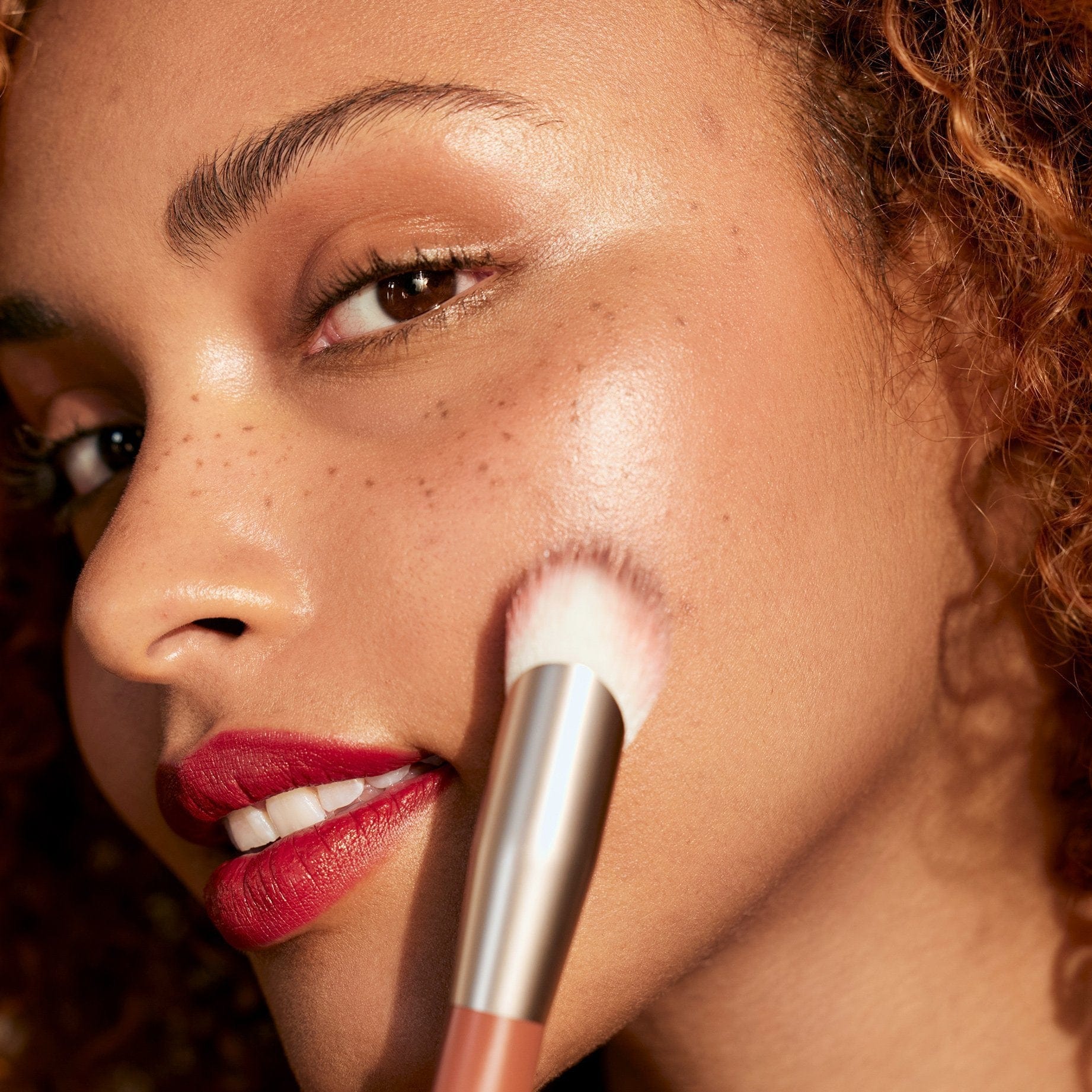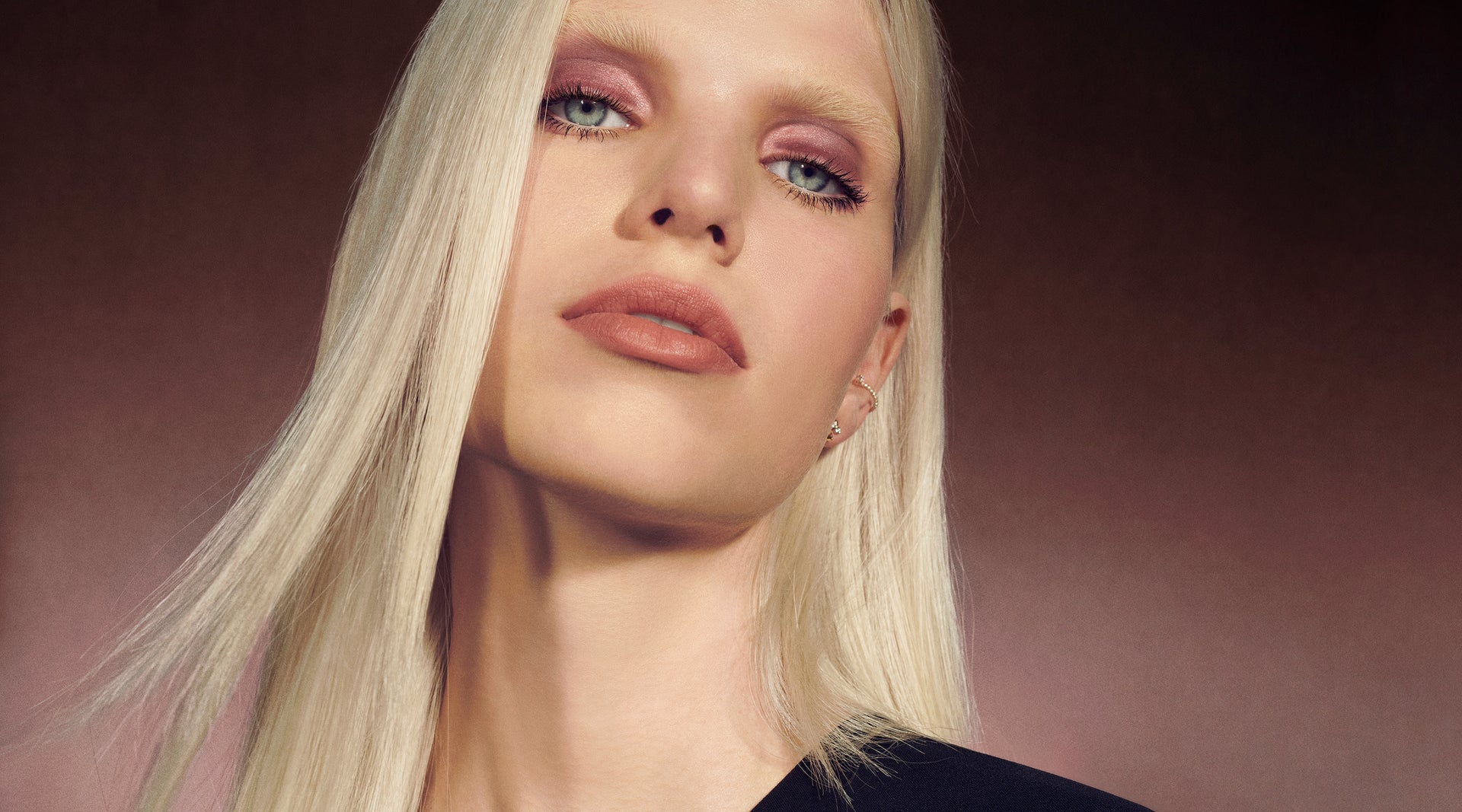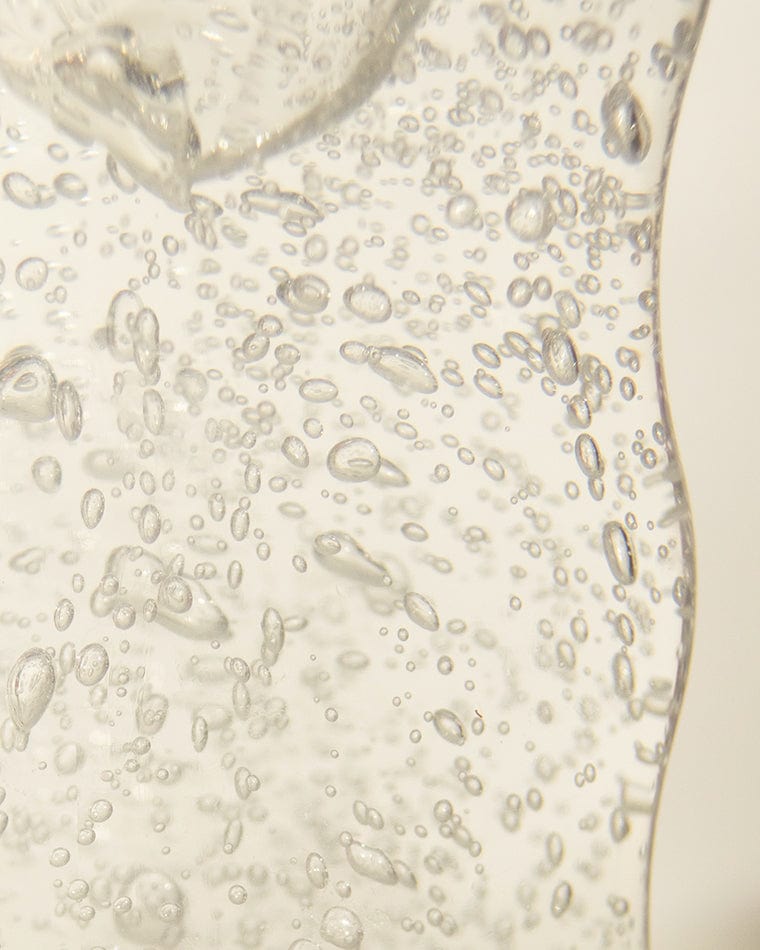
How Makeup Artists Use Blush for a Flattering Finish
Six insider tips for flawless blush application.

A carefully-vetted eye makeup routine is key if you have sensitive eyes. Part of that routine involves choosing makeup products, including eyeshadow and mascara, with ingredients that won’t cause itchy, puffy, irritated eyes. To help, we consulted Dr. Ashley Brissette, MD, an ophthalmologist based in New York City, for what to look for (and what to avoid) when shopping for eye makeup. And because the term "clean beauty" isn't regulated, she gives us a breakdown of which ingredients to avoid. Plus, learn some pro-approved eye makeup best practices to help keep eyeshadow-induced reactions at bay.
According to Dr. Brissette, signs of sensitive eyes include redness, irritation, swelling and itchiness. If you consistently feel like you have something in your eye, referred to as foreign body sensation, that can be another sign of sensitivity. The following recommendations should help eliminate or minimize these unwanted symptoms, but if they persist, it may be time to visit an ophthalmologist.

Dr. Brissette recommends ditching products that contain benzalkonium chloride (BAK) and formaldehyde. These preservatives can irritate the oil-producing eyelash glands that keep the eyes lubricated, thus leading to eye dryness. She adds that parabens are also toxic to the surface of the eyes. Phenoxyethanol, commonly found in pigmented products and mascara, is also known to cause allergic reactions on the skin.
Loose glitter eye makeup is also not a good idea for sensitive eyes because the shiny flecks can get into the eyes. “When I examine eyes with a microscope, I can see the particles floating around on the eyes often,” Dr. Brissette says. “These particles migrate and can scratch or irritate the surface [of the eye].”
If you have a fragrance sensitivity, opt for eyeshadows with fragrance-free formulations instead. But for most people with sensitive eyes, it’s usually the preservative-containing ingredients in the makeup that lead to irritation.
If you have sensitive eyes, the best thing to do is opt for clean eyeshadows made without irritating ingredients, which begs the question: How do you know if eyeshadows are clean? Makeup products aren’t regulated, making this a tricky task. The solution? Do your research.
Learn more about the ingredients in the eyeshadows and look for certifications such as COSMOS, an international cosmetics certification that looks at sourcing, manufacturing and marketing of cosmetic products. “To have this designation, products must be organic,” she says. “Products can claim to be organic, but cannot claim to be COSMOS unless verified.” Also, look for eyeshadows that have been clinically tested on patients with known eye sensitives to ensure the products are safe.

Powder-based eyeshadows are made up of tiny particles that can potentially make their way into the eye and scratch or irritate the surface. Using cream-based shadows instead if you have sensitive eyes lowers that risk. Gently apply them with your fingers or a soft, clean makeup brush like the Rose Inc Number 8 Dual-Ended Eyeshadow Brush.
Before you get rid of powder eyeshadows in your makeup bag, know that you may still be able to use them as long as you follow some best practices. “Be sure to tap the brush before applying it to the eye to remove any excess powder,” Dr. Brissette says. “Make sure to keep the eyes tightly closed while applying to prevent any pigment from going inside the eye.”
Tight lining, when you apply eyeliner or shadow inside the waterline of the eyelid, is a popular makeup technique that Dr. Brissette strongly advises against for those with sensitive eyes. “We have oil glands here that produce an oil to lubricate the eyes and they can get clogged with makeup leading to eye dryness and irritation,” she says.
Dirty makeup brushes can potentially exacerbate sensitive eye symptoms, so cleaning them regularly is also highly recommended. Dr. Brissette recommends washing them at least every one to two weeks. Her cleansert of choice? Baby shampoo. “It’s really gentle on the brushes and effective and has antimicrobial properties as well,” she says. Check out our complete guide to cleaning your makeup brushes for more details.

The last and probably the most important best practice for using eyeshadows if you have sensitive eyes is ensuring you remove all your eye makeup at the end of the day. If you don’t, you risk bacteria accumulating on the eyelids and the makeup particles irritating or scratching the eyes. Instead of using disposable makeup remover pads, which can pull and tug on the eyelids, she suggests using a foam or cream cleanser with antimicrobial properties to get the job done. Reusable Cosmetic Rounds soaked in Micellar Water, followed by another thorough, full-face cleanse can also get the job done.
Besotted
Beige pink
Add items to your bag to unlock this gift.
Satin Copper
Rich red copper
Heliotrope/Enigmatic
Apricot & Terracotta Pink
White Gold Shimmer
Light gold with pearl